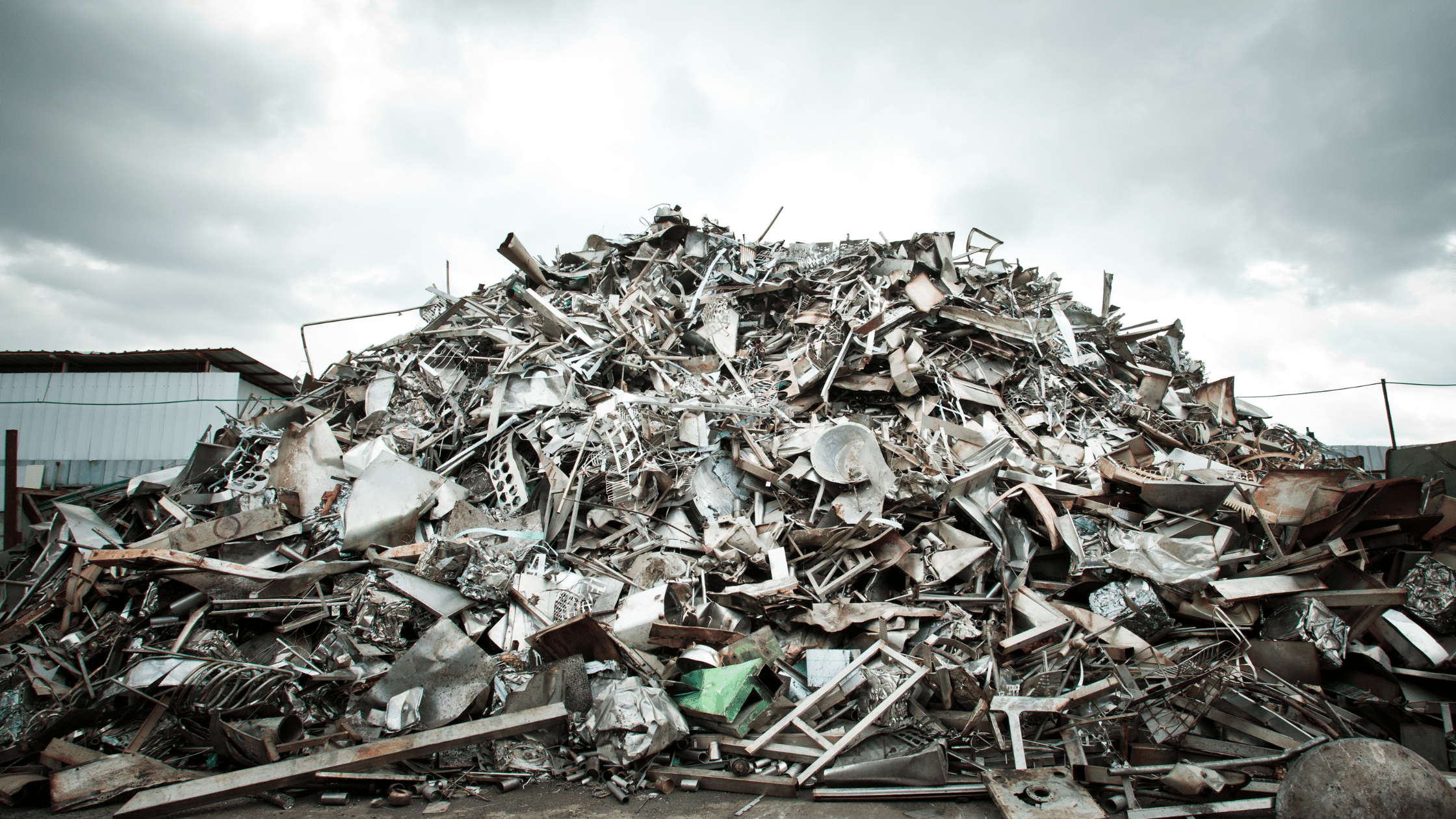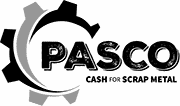How to Safely and Efficiently Recycle Scrap Metal

Sustainability and responsible resource management have taken center stage in our rapidly evolving world. Recycling scrap metal is a large part of the global effort to minimize waste and reduce the strain on our finite natural resources. Not only does metal recycling help curb pollution and energy consumption, but it also contributes to a circular economy by reintegrating valuable materials into the production cycle.
For some, the scrap metal lying around your garage or backyard may seem like a health hazard or eye sore, but for others, it is a resource waiting to be given new life. Let’s look at some things you should know about recycling scrap metal.
Scrap metal refers to metal reclaimed from post-consumer or post-industrial sources or surpassed by its original purpose. For instance, even the cans you obtain with your food purchases from the supermarket qualify as scrap metal.
Collecting and recycling scrap metal has become a popular pastime and lucrative business for many. However, before you start hunting for your first haul, it is vital to understand the risks and take safety precautions. Here is a list of safety items you will need:
- Safety glasses
- Gloves
- A reflective vest
- Safety shoes
- A basic first-aid kit
- Welding mask
Be aware that you may encounter hazardous materials like gasoline, refrigerants, or other toxic materials on your hunt. It is essential to protect yourself when you are collecting scrap metal.
The proper tools will help keep you safe and successful in your quest. Here are a few tools every scrapper should have:
- Hand Truck
- Hammers
- Screwdriver
- Wire cutters
- Drills
- Pliers
- Magnet
- Containers to collect in
- Tie straps to secure the loads.
Some people like to separate their metals into types as they hunt. There are two main types of metal: ferrous and non-ferrous. Ferrous metals are common and not worth much, but the scrap yard will accept them and ensure they are properly recycled. Non-ferrous metals like copper, aluminum, and brass are more valuable and worth more money at the scrap yard.
By bringing a magnet along on your hunt, you can quickly determine if you have a ferrous or non-ferrous metal. If a magnet sticks to metal, you have a ferrous metal in your hands, like steel or iron. If the magnet does not stick, it is a non-ferrous metal.
In conclusion, as products surpass their current usefulness, consumers and businesses always look to discard the outdated and acquire something new. However, this doesn’t diminish the value of these products after their initial use—they can undergo recycling and find new purposes.
Amidst the various chances to locate and sell scrap for monetary gain, it’s important to emphasize safety. Implementing straightforward safety precautions, such as donning gloves and protective gear and being mindful of potential chemical elements within the scrap, can turn your scrap metal collection into a secure and profitable venture. Pasco Inc. is your go-to business if you are interested in getting cash for your scrap metal.
Pasco Inc. has over 75 years of experience providing customers with cash for copper and other types of scrap metal. We pay the highest prices and give you cash on-site. Stop by our conveniently located facility at 7250 Paschall Avenue in Philadelphia, Pennsylvania, and let our friendly staff treat you like family, or contact us for more information.
Source:
https://glescrap.com/blog/safety-tips-collecting-scrap-metal-recycling/
